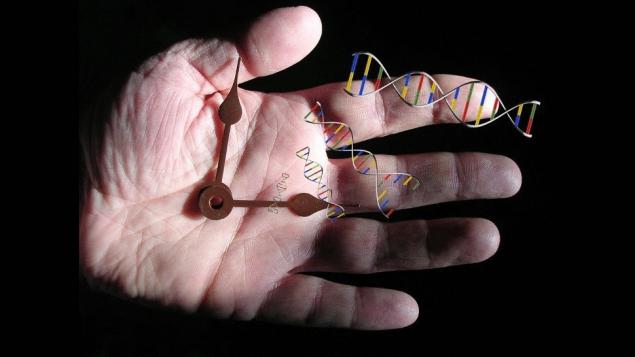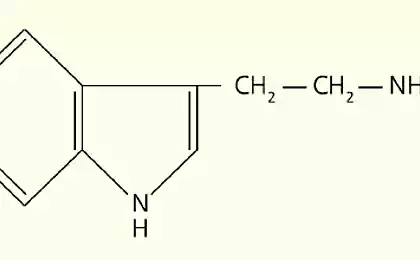474
Depression and stress contribute to aging
Stress has many negative effects on the human body. Many of these manifestations of the acute disease, but much more they are invisible, including the shortening of telomeres.
Telomeres are the protective caps at the ends of chromosomes and are indicators of aging – they are shorter than the older body. Telomeres are very sensitive to stress and depression, which in turn affect telomere shortening.

Human reaction to stress is regulated by the hypothalamic-pituitary-adrenal system or GGN axis. This axis controls the level of cortisol – the primary stress hormone. This axis functions abnormally at a depressed person and the person experiencing stress.
Scientists in a new study trying to find a connection between telomere length, stress, and depression.
Scientists have made measurements of telomere length in patients with major depression and in healthy people. The scientists also measured the voltage by biological and subjective. In the first case, we measured the levels of cortisol, a second study was conducted using a questionnaire.
The researchers found that telomere length was shorter in patients with depression, and confirmed the preliminary results. Important was the fact that short telomere length was associated with low cortisol levels in the "depressed" and "healthy" groups.
Study author Mikael Wikgren explained: "our results show that stress plays an important role in depression, as telomere length was especially shortened in patients response GGN axis which is associated with chronic stress and poor ability to cope with stress".
Further research is needed to determine the recovery of telomere length, which is a vital part of the treatment process.
Source: /users/276
Telomeres are the protective caps at the ends of chromosomes and are indicators of aging – they are shorter than the older body. Telomeres are very sensitive to stress and depression, which in turn affect telomere shortening.

Human reaction to stress is regulated by the hypothalamic-pituitary-adrenal system or GGN axis. This axis controls the level of cortisol – the primary stress hormone. This axis functions abnormally at a depressed person and the person experiencing stress.
Scientists in a new study trying to find a connection between telomere length, stress, and depression.
Scientists have made measurements of telomere length in patients with major depression and in healthy people. The scientists also measured the voltage by biological and subjective. In the first case, we measured the levels of cortisol, a second study was conducted using a questionnaire.
The researchers found that telomere length was shorter in patients with depression, and confirmed the preliminary results. Important was the fact that short telomere length was associated with low cortisol levels in the "depressed" and "healthy" groups.
Study author Mikael Wikgren explained: "our results show that stress plays an important role in depression, as telomere length was especially shortened in patients response GGN axis which is associated with chronic stress and poor ability to cope with stress".
Further research is needed to determine the recovery of telomere length, which is a vital part of the treatment process.
Source: /users/276
























